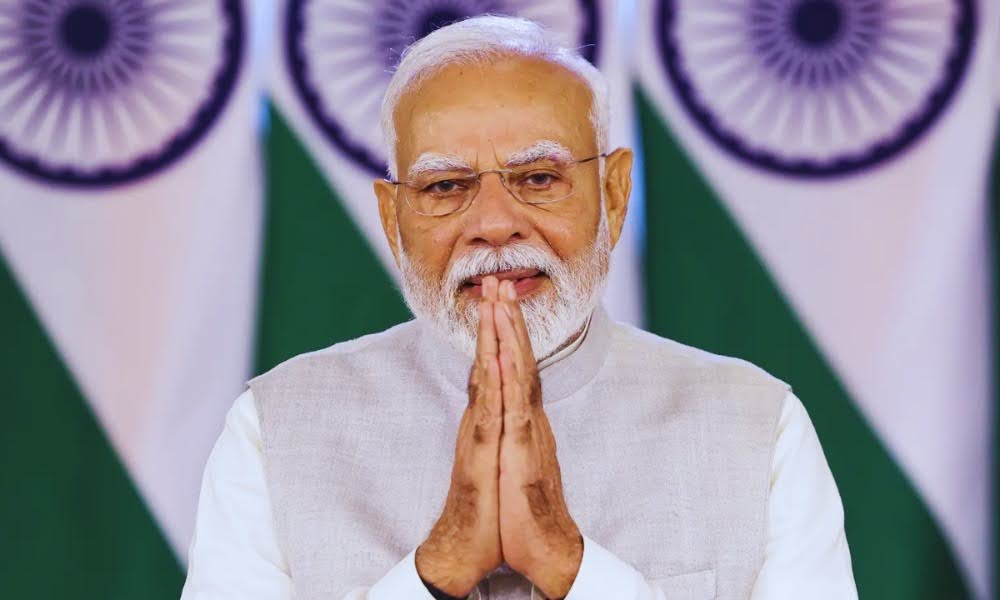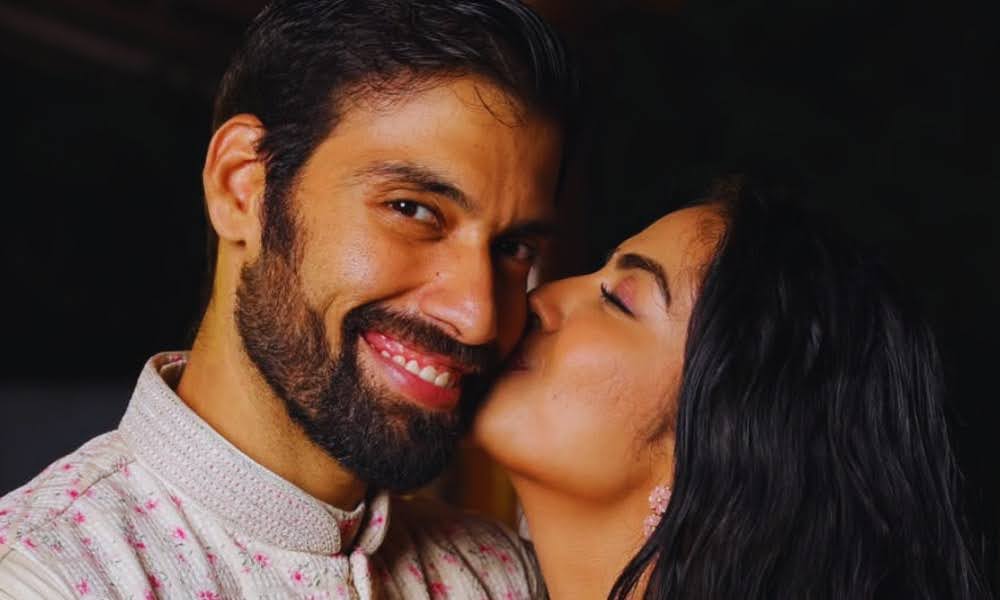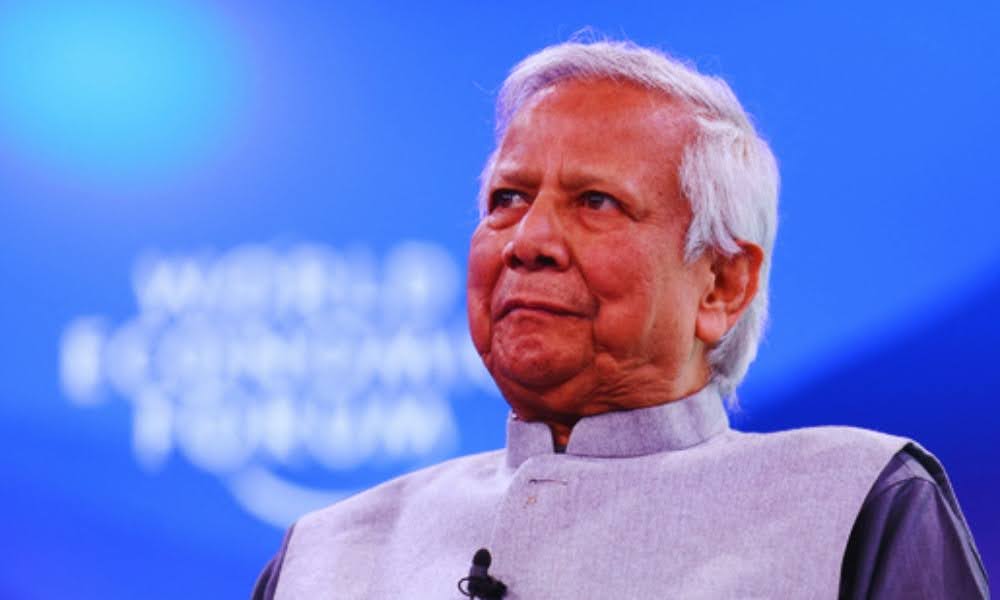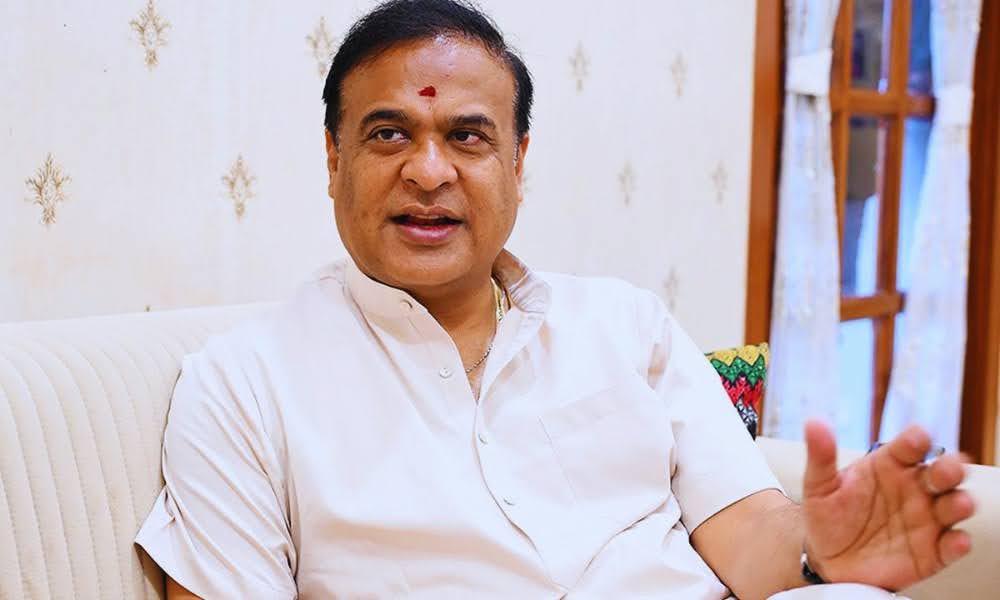PM Modi to Visit Cyprus and Croatia Amid G7 Tour, Signalling Strategic Shift in Europe Ties

As part of India’s intensifying engagement with European nations, Prime Minister Narendra Modi is set to visit Cyprus and Croatia during his trip to Canada for the G7 Summit.
He will make a stop in Cyprus on his way to the summit and visit Croatia on his return journey.
Visit Amid India-Turkey Tensions
PM Modi’s stop in Cyprus holds special relevance due to the ongoing conflict between Cyprus and Turkey since 1974.
The visit follows the rising Ankara-Islamabad camaraderie in the wake of India’s Operation Sindoor, launched in response to the Pahalgam terror attack.
The operation targeted terror hideouts in Pakistan and Pakistan-occupied Kashmir. Turkey’s vocal support for Pakistan has led to strained ties with India.
Strategic Partnerships with the EU
Both Cyprus and Croatia are members of the European Union. Cyprus is scheduled to assume the rotating presidency of the EU Council in the first half of 2026.
Prime Minister Modi’s earlier plan to visit Croatia, along with the Netherlands and Norway, was deferred last month due to escalating military tensions with Pakistan.
The G7 Summit is scheduled in Kananaskis, Alberta, from June 15 to 17, with Modi expected to attend the outreach session on the final day.
Since the Canadian invitation was received on short notice, final plans for his bilateral meetings are still being worked out.
Significance of the Cyprus Visit
Modi’s visit to Cyprus is notable, marking only the third time an Indian Prime Minister will travel to the Mediterranean island nation.
Earlier visits were made by A.B. Vajpayee in 2002 and Indira Gandhi in 1983. The timing is significant as Turkey has openly backed Pakistan during the recent India-Pakistan tensions.
Background of Cyprus-Turkey Conflict
The conflict between Cyprus and Turkey is rooted in ethnic, territorial, and political divisions. After gaining independence from Britain in 1960, Cyprus became the site of ethnic tensions between Greek Cypriots and Turkish Cypriots.
Matters escalated in July 1974, when a Greek-backed coup sought to unite Cyprus with Greece. Turkey responded by invading the northern part of the island, claiming it was protecting the Turkish Cypriot minority.
The island was divided, with the Republic of Cyprus controlling the southern two-thirds and the Turkish Republic of Northern Cyprus (TRNC), recognised only by Turkey, controlling the north.
A United Nations-patrolled buffer zone continues to separate the two regions.
Strengthening Indo-Cypriot Relations
India and Cyprus have historically shared cordial relations. PM Modi’s visit reflects a continuation of these ties.
Cyprus condemned the Pahalgam terror attack on April 22 and has expressed interest in raising the issue of cross-border terrorism in EU discussions, reinforcing diplomatic alignment with India.
During the state visit of the President of Cyprus to India in 2017, PM Modi had stated, “In modern times, our relationship goes back to the pre-independence era, when our founding fathers supported the freedom struggle of Cyprus.
And, Cyprus too has always reciprocated with its warmth and friendship. India has always stood by Cyprus on all crucial issues.”
He further noted, “In 1974, India took a firm stand in support of the sovereignty, unity and territorial integrity of the Republic of Cyprus. India has contributed personnel to the UN Peacekeeping Force in Cyprus. Three force commanders from India served in this capacity, and it is heartening for me to know that all of them are fondly remembered in Cyprus.”
Croatia: A First for an Indian PM
Modi’s visit to Croatia will be the first by any Indian Prime Minister since the country’s formation in 1991 following the breakup of Yugoslavia.
The trip holds both commercial and political importance and will contribute to India’s deepening ties with the EU bloc.
Turkey’s Reaction and Regional Context
Turkey, under President Recep Tayyip Erdogan, has been criticised for its aggressive oil exploration in Greece’s territorial waters and drilling in Cyprus’s maritime zones.
These activities have triggered strong reactions from both Greece and Cyprus. PM Modi’s visit to Cyprus is expected to irk Ankara, given the current diplomatic strain.
Turkey has also received criticism from multiple EU nations over what they describe as “provocative actions,” further isolating the country on the European stage. India’s closer ties with Cyprus, at such a time, are being viewed as a deliberate strategic signal.








